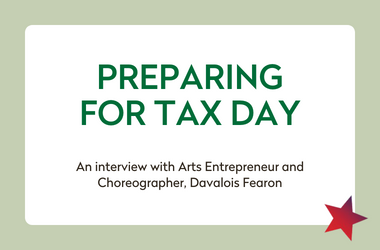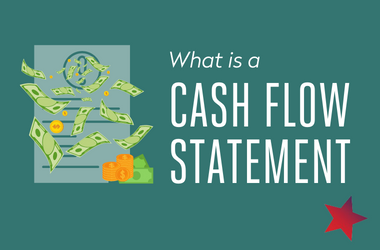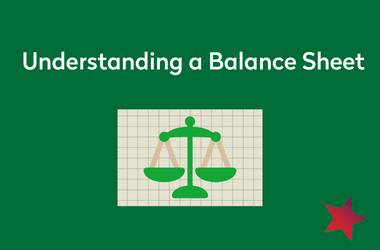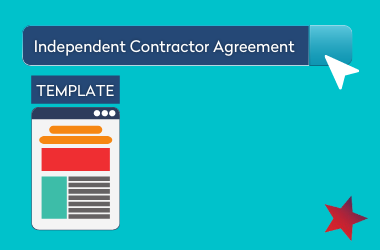What is a Sole Proprietor?
Sole proprietor
A sole proprietor is an entity that is not incorporated (as a C corp, S corp, or other corporate structure). As the name implies, sole proprietors have just one owner, who pays personal income tax on any profits earned from the entity. Sole proprietors are not as highly regulated as other structures, and many do business under their own name rather than creating a separate business name. Because of their lack of regulation, sole proprietor businesses are the easiest to create, often being used by independent contractors and consultants. They’re also easy to dissolve, and in some cases are transformed into an LLC or corporate structure when the organization grows. There is no separately legal entity with a sole proprietor, and the owner is therefore liable for any profits, debts, and liabilities of the business. While they are a simple place to start for many organizations, sole proprietors don’t provide protection from the business’s liability and sometimes lack the credibility of an incorporated business. Therefore, it’s a good idea to compare the benefits of a sole proprietor to those of a C corp, S corp, LLC, and non-profit – and consult a good accountant and lawyer before choosing even this simple business structure.
NEXTSTEPS | 1.16.21
Related Blog Posts
Preparing for Tax Day
Preparing for Tax DayAn interview with Davalois Fearon In preparation for Tax Day, we talked with Davalois Fearon about her experience working with Pentacle, and how it has helped her with her taxes and gain overall financial health, especially through Fiscal...
Planning A Fundraising Event
Planning A Fundraising EventEvent fundraising can be a great way to raise funds There are a number of ways to fundraise money for an organization or cause. One of the most collaborative ways to fundraise is by hosting an event. There are many steps to consider when...
Understanding A Cash Flow Statement
Understanding A Cash Flow Statement What is a Cash Flow Statement? A Cash Flow Statement is a financial statement that tracks the movement of a company’s cash over a selected period of time. This is an all-inclusive statement because it includes the inflow and outflow...
Understanding A Balance Sheet
Understanding a Balance SheetWhat is a Balance Sheet? A Balance Sheet is a financial statement that summarizes the company’s assets, liabilities, and equity at a specific point in time. The Balance Sheet is an essential tool used by organizational leaders, Board of...
How to create your own bookkeeping system for arts businesses
How to create your own bookkeeping system for arts businessesManaging your organization’s finances can tend to be overwhelming. Who gave us funds for what? Who is getting paid for their services? How do I show a final report to stay compliant with the grant I...
What is an Independent Contractor?
What is an Independent Contractor?What types of professions work as Independent Contractors? In the professional services world, we know that lawyers, doctors, accountants, and others often provide their services to the general public as independent contractors....
Pentacle’s nextSteps is supported, in part, by public funds from the National Endowment for the Arts, the New York State Council on the Arts with the support of Governor Andrew M. Cuomo and the New York State Legislature, and the New York City Department of Cultural Affairs in partnership with the City Council. Pentacle receives private support for nextSteps from the Booth Ferris Foundation, the Howard Gilman Foundation, the Rockefeller Brothers Fund, and the New York Community Trust.







